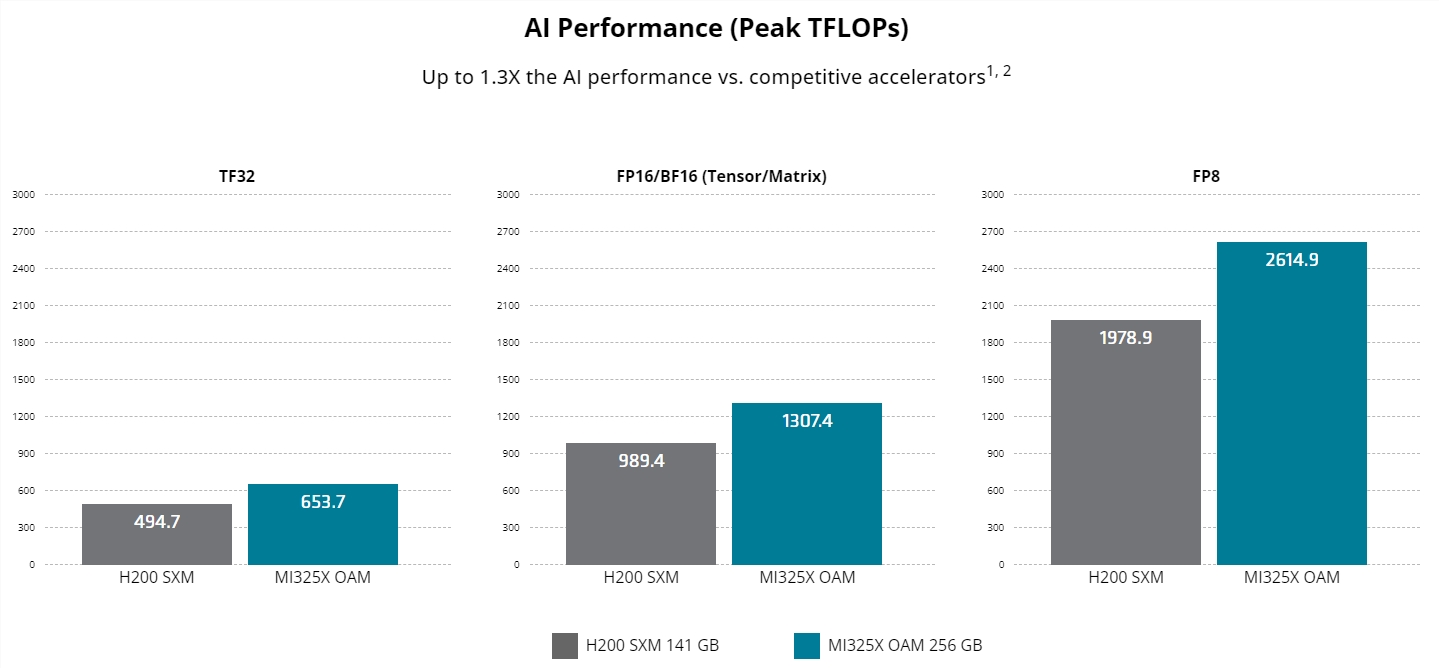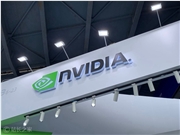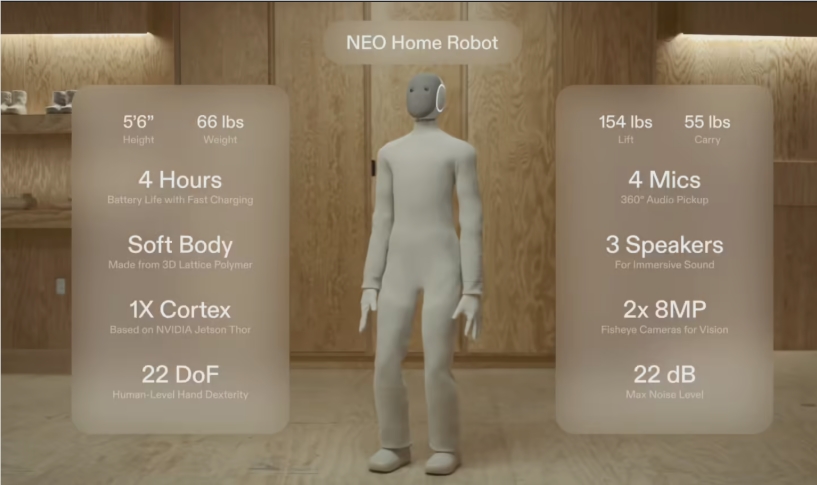In the fiercely competitive artificial intelligence hardware market, AMD has unveiled its brand-new MI325x AI chip, aiming to challenge Nvidia's latest Blackwell series chips' dominance. This new chip represents another significant move by AMD in the field of artificial intelligence computing, attempting to expand its share in this highly profitable market.

The design goal of the MI325x AI chip is to directly compete with Nvidia's Blackwell GPU, which is widely regarded as the industry standard for AI workloads. AMD promises significant improvements in both processing power and energy efficiency with the MI325x. With an advanced architecture, the MI325x can efficiently handle the large-scale parallel computing demands common in AI training and inference tasks, while consuming less power compared to previous AMD chips.
This accelerator employs the RDNA4 architecture, combining AMD's advanced compute units with innovative memory technology to optimize throughput for deep learning workloads. The chip is manufactured on a 3nm process, resulting in a substantial increase in the number of integrated transistors and thus enhancing computational power. Additionally, AMD has specifically focused on the MI325x's compatibility with open-source software frameworks, giving AI developers more flexibility in choice and not restricting them to Nvidia's CUDA ecosystem.

In terms of market positioning, the AI chip market is projected to reach a scale of several hundred billion dollars in the next decade, and AMD is eager to secure a larger share in this domain. Currently, Nvidia holds over 80% of the market share, primarily due to its early market leadership and comprehensive software ecosystem. AMD's MI325x aims to provide data centers and enterprises with a high-performance and energy-efficient alternative, helping them break free from Nvidia's monopoly.
To be competitive in price, AMD has adopted a reasonable pricing strategy for the MI325x, effectively lowering the cost per watt compared to Nvidia's Blackwell series. According to AMD's preliminary benchmark results, the MI325x performs similarly to Nvidia's Blackwell GPU in popular machine learning tasks such as large language model training, with efficiency improvements of up to 20% over the previous generation of AMD AI chips.
However, AMD's challenge is not trivial. Nvidia's advantage lies not only in hardware but also in its robust software ecosystem, particularly CUDA, which has become the de facto standard for AI development. To truly compete, AMD needs to convince developers to shift from CUDA to its platform, which is undoubtedly a significant challenge.
To address this issue, AMD is enhancing support for open-source machine learning frameworks like PyTorch and TensorFlow, and investing in software tools to facilitate smooth migration for developers, even offering incentives to attract developers and cloud service providers to integrate the MI325x into their AI workflows. Nevertheless, to break Nvidia's dominance in the AI accelerator market, AMD must not only match it in hardware but also surpass it in developer experience, which remains a formidable challenge.
Key Points:
🌟 AMD introduces the MI325x AI chip, aiming to challenge Nvidia's market position.
⚡ The new chip offers high performance and energy efficiency, compatible with open-source frameworks, suitable for AI developers.
💡 AMD needs to overcome the challenge of software ecosystem to truly compete with Nvidia.







